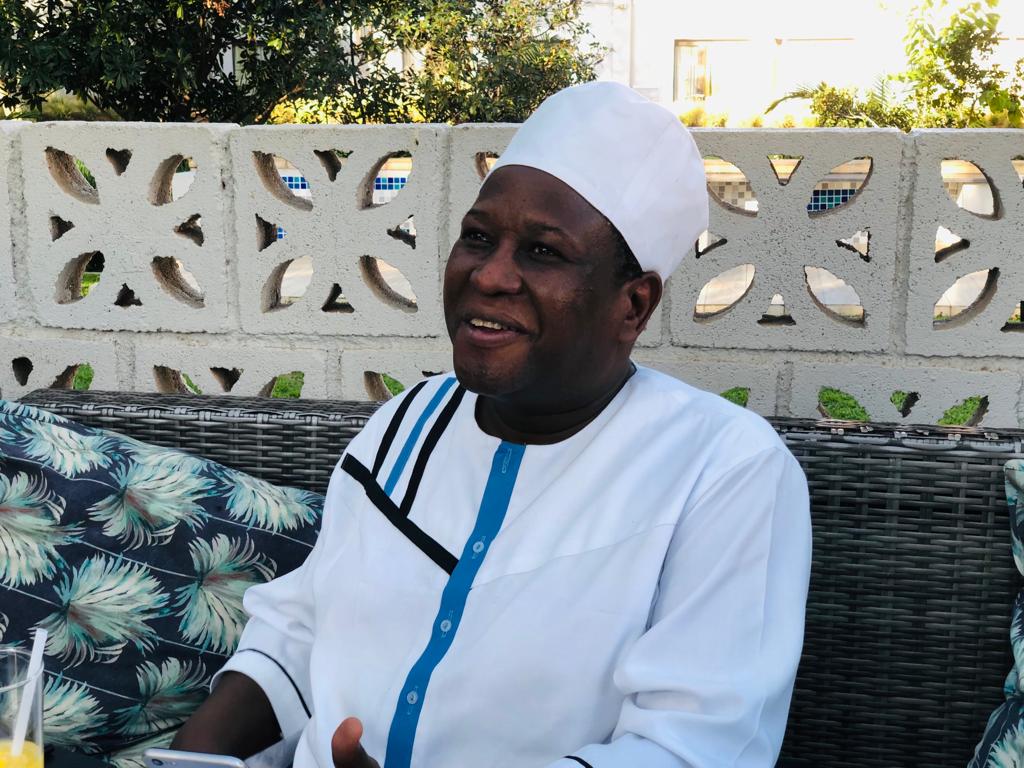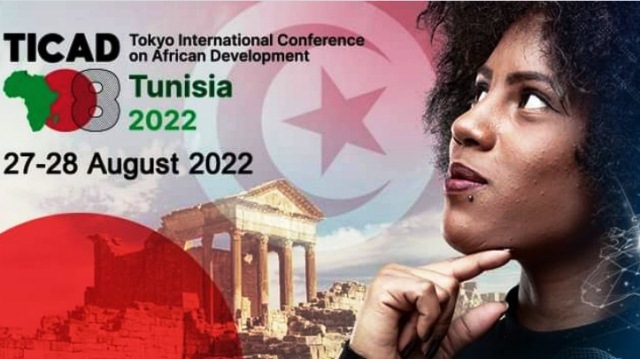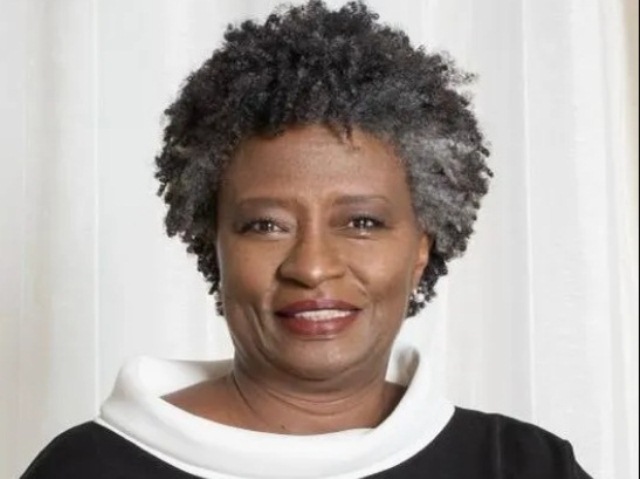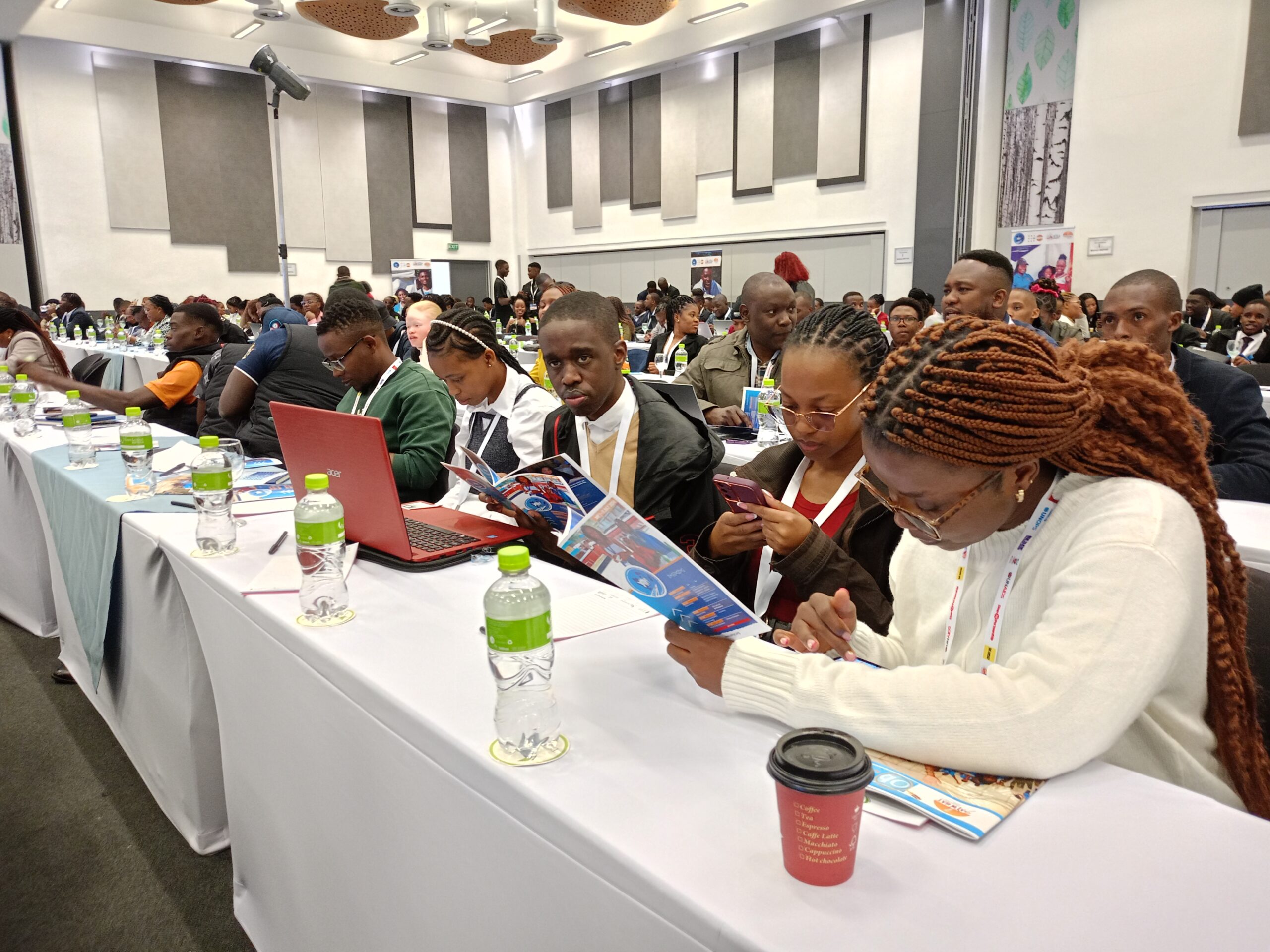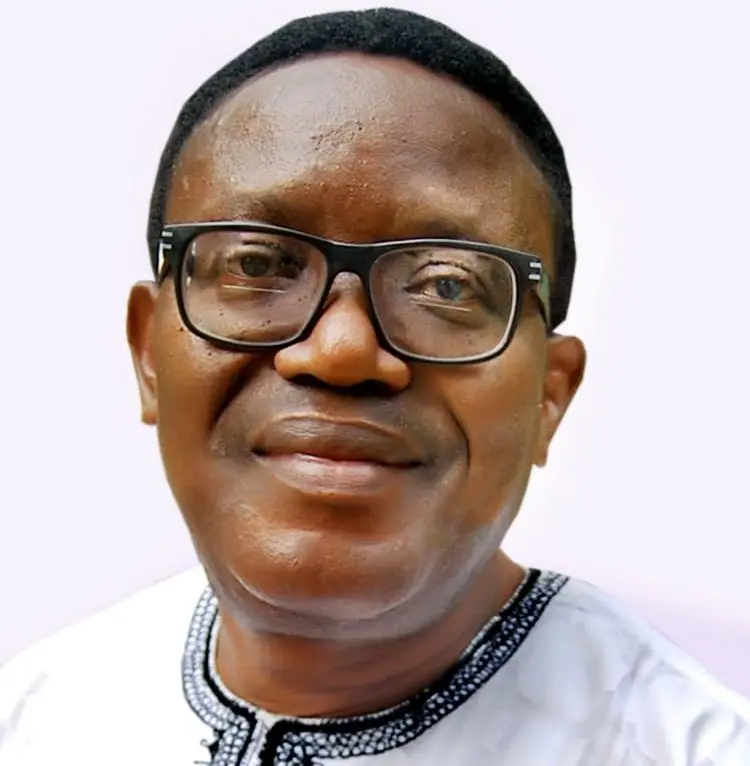
Owen
(C) Vanguard Newspaper
I made acquaintance with a lady, Yeye Akilimali Funua Olade, about 1990. A few months later, my wife and I visited her in Ila Oragun where she was running a rural library, the African Heritage Research Library. She was an American who had studied at Fisk University from 1963 -1965, earned a Bachelor’s degree in African- American/Black Studies from the San Francisco State University, and a Master of Library Science from the University of California.
So what was she doing in such rustic circumstances? She said she had three children, including two girls and all around the American communities she lived, aggressive forces of lesbianism were on the rise. So, with the agreement of her African American husband, Ayantuga Olade, she fled the United States. Unfortunately, the forces she ran away from in North America, four decades ago, are on the move in her adopted continent, Africa in the guise of campaigning for workers and human rights.

A drama played out this week when on May 29, 2023, the Speaker of the Ugandan Parliament, Anita Among, announced that President Yoweri Museveni had signed into law the new Anti-Homosexuality Act 2023 which punishes the financiers and promoters of homosexuality. The law while generally providing prison terms for violators, also prescribes the death penalty for those who engage children in homosexual acts or spread deadly diseases like HIV/AIDS.
The United States immediately revoked the visa of the Speaker. It did not clarify why she was being punished for the new law; is it for presiding over the parliament, failing to stop about 400 parliamentarians from passing the bill or daring to announce the birth of the new law? In her reaction, a dignified Speaker Among said: “As Uganda’s Parliament, we have listened to our people’s concerns and legislated to protect the sanctity of the family, in accordance with Article 31 of the Republic of Uganda’s Constitution. As stated in Objectives 19 and 24 of our national objectives and directive principles of state policy, we have stood firm to defend our people’s culture, values, and aspirations.”
The US message is very clear: that Uganda as an African country has no right to sovereignty; no right to taking democratic decisions even if backed by its people; no right of dissent from the position of the US and that it must accept the culture of America otherwise, it will be subject to sanctions. The African people, as far as the US is concerned, have no right to choose a different cultural orientation, not even sexual. This was one of the main reasons why President Robert Mugabe was harassed and hounded internationally. There were even attempts to arrest him for rejecting the culture of homosexuality.
It is also instructive that while the US is sanctioning Uganda for its new law, it did not take similar actions against its allies such as Saudi Arabia, United Arab Emirates, Qatar and Pakistan with worse anti-homosexual laws.
The issue arising from the US sanctions against Uganda is not so much about punishing it for daring to enact a law against homosexuality, but trying to recolonise the African continent. In this wise, this is not a challenge against Uganda alone but the entire African people. Therefore, African countries need to unite and collectively sanction the US. At the very least, every African country should be asked to revoke the visa of at least a dozen or two Americans.
What is clear is that some Western countries view Africa as a collection of weak states on which the culture of Lesbian, Gay, Bisexual, Transgender, Queer or Questioning, LGBTQ, can be imposed. Just as we were colonised at gunpoint, so is the dictation of LGBTQ being forced on us under threats of severe socio-economic and political sanctions. Just as the religion was used to lure us into surrendering to colonial bandits, so have funds and positions been used to lure our youths to being evangelists of LGBTQ.
I woke up to this reality in the Trade Union Movement in 2011 when I discovered that some Western trade unions were offering positions and funds to those who will declare and flaunt claims of being gays, lesbians and bisexual. In one case, I put my foot down that as Acting General Secretary of the Nigeria Labour Congress, such campaigns will not be encouraged. Now, some of our young unionists and activists, for economic reasons or to guarantee the crumbs being passed to them by some organisations, are busy campaigning for LGBTQ as workers’ rights. Far from the truth; workers, at least in Africa, want guaranteed employment, good conditions of service, social protection, guaranteed pension and settled family life. Their concern is not who is sleeping with who. In Africa, sex or people’s preferences are closet affairs, not what you call press conferences about.
When the West colonised Africa, it did so partly under the pretext of ‘civilization’. They assumed that a continent like ours which taught the fathers of Western Civilization like Plato, are not civilized. Some of their fathers who knew we built the magnificent pyramids which housed mummies, still claimed that Africans live on trees like monkeys. Today some of them still think they are on a mission of civilization by presenting LGBTQ as human rights.
They conveniently forget that there are collective socio-economic, political and cultural rights which supersedes individual rights. The United Nations recognises individual and group rights and the former cannot be imposed on the collective. The individual comes from the community, therefore the rights of the community are primary and those of the individual are secondary.
What some Western countries want to do is force the African people into a birth control scheme aware that a marriage between a man and a man or a woman with a woman is unlikely to produce children. It was the same way a drug, Depo Provera, whose approval in the United States had been refused first in the 1960s, and again in the 1970s, was imposed on African women, especially in Nigeria where the women were used as guinea pigs for a dangerous all-cure drug that was widely imposed as a contraception. While Africans respect the values, traditions and cultures of other peoples, the least we expect is that they should also respect ours.






